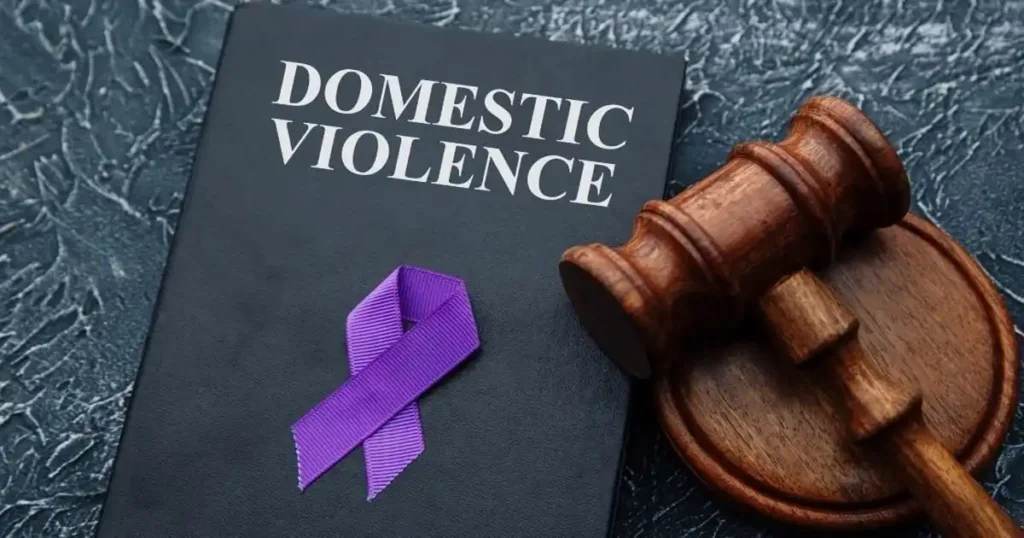Self-Defence in Domestic or Family Violence Situations: Rights and Limitations
Domestic or family violence cases are among the most sensitive legal matters in the UAE. While the law provides strong protection for victims, it also recognizes the right to self-defence when a person faces an imminent threat to their safety or that of their family members. However, exercising this right must align with the limitations set under UAE criminal law to avoid legal consequences.

The Legal Basis of Self-Defence in the UAE
Under Federal Decree-Law No. 31 of 2021 (UAE Penal Code), self-defence is a legitimate justification for using force — provided the individual acts to repel an unlawful and immediate attack. In the context of domestic violence, this means a person may defend themselves if:
- They face an imminent physical threat or assault.
- The defensive act is necessary to prevent harm.
- The response is proportionate to the attack.
If the threat has already passed, or if the response is excessive, the act may not qualify as lawful self-defence and could result in criminal liability.
Self-Defence and Domestic Violence
Domestic violence can involve physical, emotional, or psychological abuse within a family relationship. While victims have the right to protect themselves, the UAE courts examine each case carefully to determine whether the defensive action was justified.
For example, if a spouse uses reasonable force to stop an assault or protect a child from harm, it may be deemed lawful self-defence. However, retaliatory or excessive violence after the threat has ceased can lead to prosecution.
Victims are encouraged to report abuse immediately to authorities or seek protection orders under UAE family protection laws, rather than resorting to unnecessary violence.
Rights of Victims Under UAE Law
The UAE government provides several legal remedies to victims of domestic violence, including:
- Protection orders to prevent contact or harassment by the abuser.
- Temporary shelter and legal aid through government-supported centres.
- Criminal proceedings against the aggressor for assault or abuse.
These measures ensure that victims can seek safety and justice within the bounds of the law.
How TLG: The Legal Group Assists in Domestic Self-Defence Cases
Cases involving family violence and self-defence require deep understanding and compassion. Saif Al Shamsi, founder of TLG: The Legal Group, and his team provide expert assistance by:
- Evaluating whether self-defence applies in domestic abuse incidents.
- Representing clients in criminal and family court proceedings.
- Collecting evidence, including medical reports, witness testimony, and communication records.
- Advising victims on obtaining legal protection and filing complaints appropriately.
- Ensuring both legal and emotional support throughout the process.
Their balanced approach ensures that clients’ rights are protected while maintaining compliance with UAE criminal and family laws.
Conclusion
Self-defence in domestic or family violence situations is a protected right but not an unlimited one. The law allows individuals to protect themselves only when the danger is real, immediate, and unavoidable. Understanding these boundaries — and seeking timely legal support — is essential to ensuring safety while staying within the framework of justice. With proper legal guidance, victims can protect themselves lawfully and reclaim their sense of security and dignity.
